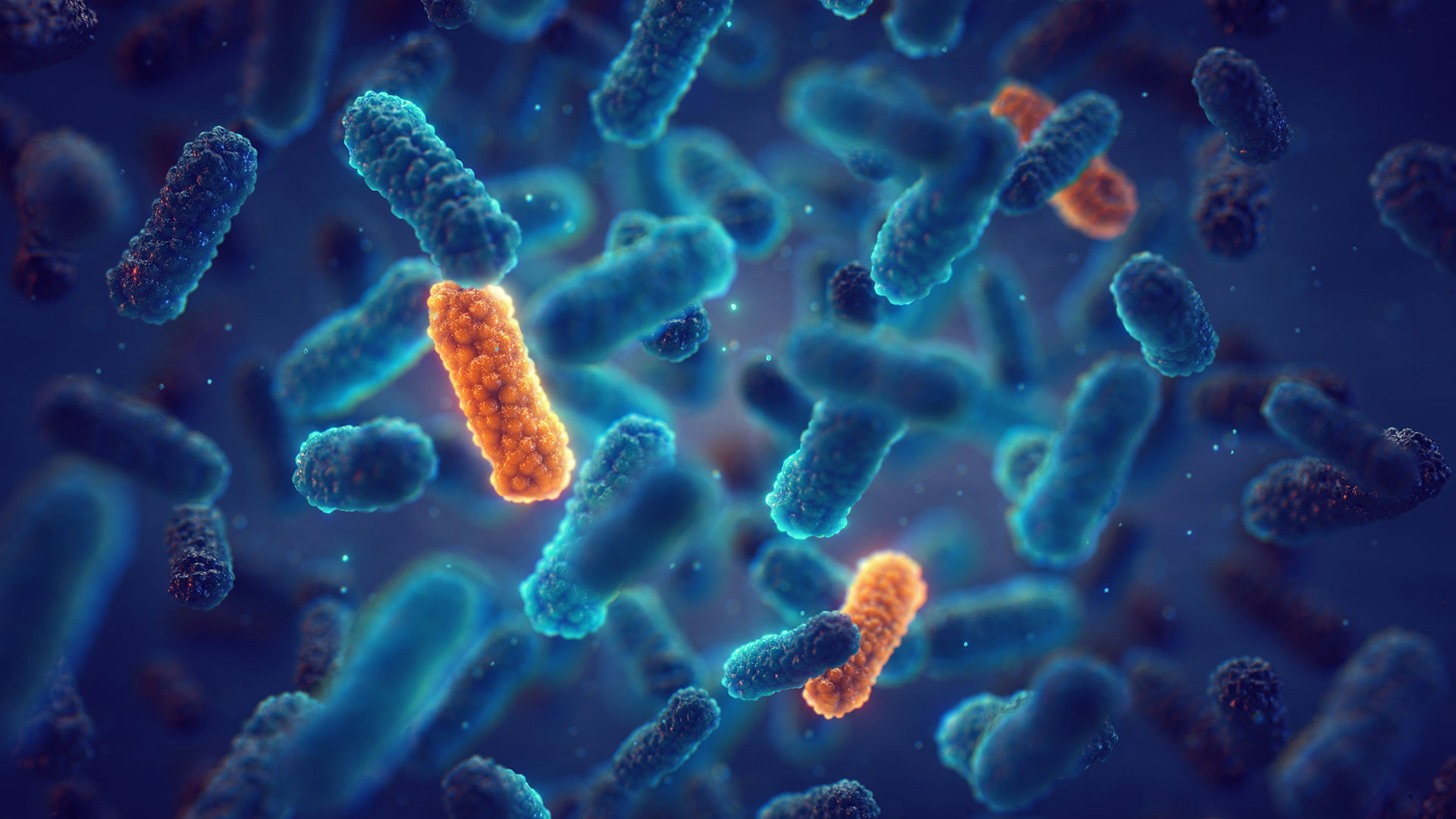
image credit- shutterstock
The Global Antibiotic Research & Development Partnership (GARDP) and Institute of Science Tokyo, in Japan, have signed an agreement to optimise advanced compounds in GARDP’s antibiotic discovery portfolio.
The organisations will look to obtain crystal structures of these compounds bound to their bacterial protein target. The findings will offer critical insights into how these compounds can be optimised into new antibiotics to treat drug-resistant bacterial infections.
The research focuses on a particular protein that is essential for the survival of Gram-negative pathogens like Escherichia coli and Klebsiella pneumoniae, both of which are WHO priority bacterial pathogens in urgent need of new treatments. This protein target has not yet been successfully disabled by existing antibiotics. As such, this protein is an “unrealised target,” a critical area of research in the discovery of new antibiotics with potential to treat drug-resistant infections.
“If this project is successful, we’ll gain access to important structural data that will help refine the design of these compounds. This research may contribute to the discovery of innovative antibiotics that could make a significant contribution to efforts to counter antimicrobial resistance,” said Professor Satoshi Murakami, an expert in structural biology who will lead this project at Institute of Science Tokyo.
This project leverages Professor Murakami’s world leading protein crystallography work at Institute of Science Tokyo. GARDP and Institute of Science Tokyo will attempt to co-crystalise the target protein with candidate compounds provided by GARDP. Researchers will then determine the structures of the resulting complexes at atomic resolution using techniques such as X-ray crystallography.
This project is part of a stream of work that GARDP has undertaken with Japanese partners and support. The Government of Japan has been a GARDP funder since 2020, investing $9 million in GARDP to date.




